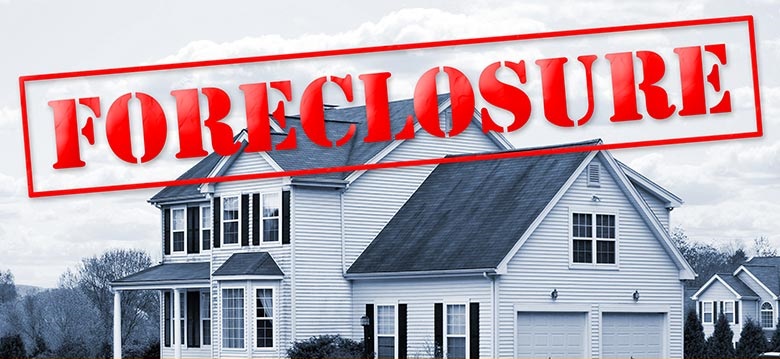
Buying a foreclosure property is much different from a traditional real estate transaction. Foreclosure properties are often priced below market values are very attractive for buyers. However, before you pursue a foreclosure property, there are some items you should keep in mind.
- Banks are not looking at a property from an emotional standpoint, so they are much more business oriented when it comes to reviewing offers. They do not know you personally, so you have to make your offer terms as attractive as possible. Items that are heavily considered are: type of financing, closing timeframe (the faster closing-the better), closing costs, and the amount of earnest money. There are some properties that need repairs and are considered “cash only” properties. Before you get your heart set on a property, make sure the property condition will qualify for your type of mortgage. Many lenders – such as FHA- have minimum condition requirements for a property. In many cases, these homes are listed in “as is” condition, and the lenders will not make repairs.
- There are some cases – especially with HUD properties- where a REO* seller has a repair escrow. This means that the lender required repairs are minimal, so the seller will allow money to be escrowed for these lender required repairs. This is usually used in situations where the repairs are less than 5000.
- Many government REO sellers have a period where they will only allow homeowners to purchase a property. This period runs anywhere from 15-30 days from the listing date- depending on the seller. You can often find this information on the REO website for that particular seller.
- Inspection periods are another important fact to keep in mind. Most REO seller’s have a standard amount of time they allow for inspections. These periods usually range 7-10 days. The buyer is encouraged to have a detailed home inspection in this period of time. After this period expires, the buyer often loses the right to have their earnest money returned for inspection issues.
- Before making an offer on any REO property, always have a pre-approval letter in hand. This will strengthen your negotiation position and give you some definite figures for closing costs and closing dates. This is a MUST for anyone interested in purchasing a REO property. Also, ask your lender if they offer any special programs for certain REO properties. There are many excellent programs. Homepath -offered by Fannie Mae- is one such program that has some excellent perks.
*Real estate owned or REO is a class of property owned by a lender—typically a bank, government agency, or government loan insurer—after an unsuccessful sale at a foreclosure auction. A foreclosing beneficiary will typically set the opening bid at a foreclosure auction for at least the outstanding loan amount. If there are no bidders that are interested, then the beneficiary will legally repossess the property. This is commonly the case when the amount owed on the home is higher than the current market value of this foreclosure property, such as with a high loan-to-value mortgage following a real estate bubble. As soon as the beneficiary repossesses the property it is listed on their books as REO and categorized as an asset (non-performing asset).
